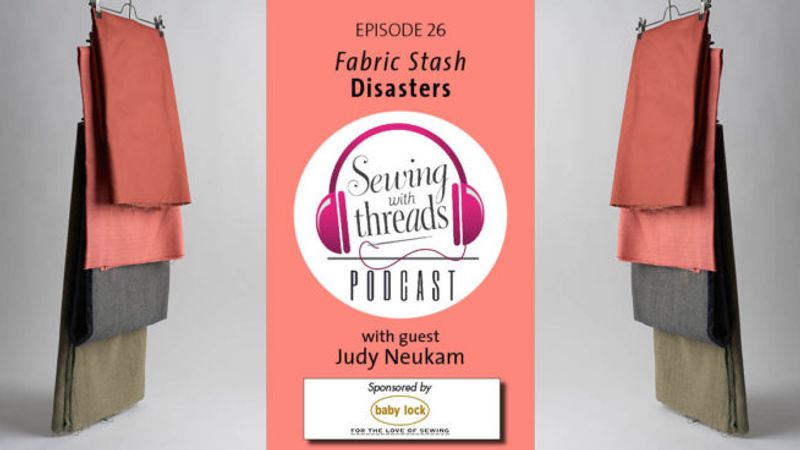
Contributing Editor Judith Neukam tells a few true tales of fabric stash disasters, some with surprising endings, in the Sewing With Threads video podcast, Episode 26.
Find out what she did when a heavily embroidered silk organza wedding dress in her dress shop was damaged by muddy floodwater, when her carefully stored fabrics were infested by moths, and when a meticulously sewn—but still unfinished—wool coat was attacked by unknown critters.
“It was going to be a spectacular piece, and I was just heartbroken that it was channeled with little bug bites,” she recalls of the coat.
Dealing with moth holes
Judy, as she is known by her friends, discusses with the Threads editors several ways to deal with moth holes in fabric and garments. Among them is embellishing the fabric and covering or patching the holes in an artful way. For patching inspiration, she suggests checking out the handwork of Jude Miller.
There’s also the method of intentionally adding holes so the unintended moth holes become part of the design. Notice the jeans worn by couture pro and Threads Contributing Editor Kenneth D. King below. The jeans may serve as inspiration for this technique.

Storing the fabric stash
Judy has been surrounded by lots of fabric for years. But she admits, “stashes can be a problem,” especially when you acquire the fabric stashes of others.
“If I start sewing today, I would never be able to make something out of all of these yards,” she says.
Judy discusses how she stores her fabric “collection.”
For more suggestions on how to store fabrics, see Threads articles and videos:
• “Preserve Your Precious Fabrics,” Threads #176, Dec. 2014/Jan. 2015
• “Five tips for organizing your fabric stash”
• A reader tip for folding and storing fabric
• How to wrangle your fabric stash video
• “How have you organized your fabric?”
Caring for the collection
Judy also recommends washing fabric yardage right after purchasing it. She says she likes Purclean detergent by Tide. Other gentle, so-called free-and-clear detergents that do not have bleach also are preferred. There’s also Woolite and Dreft. The editors also noted that they sometimes use hair shampoo for hand-washing garments and hair conditioners for some woolen knits.
Color grabber sheets that prevent dye bleed also are helpful, especially to quilters, Judy says.
This episode is brought to you by Baby Lock.
March is National Quilting Month, and Baby Lock is celebrating with a special sweepstakes event. One quilter will win a special quilting prize package that includes a Baby Lock Crescendo and two years of Sew Ed online classes. That’s along with a variety of quilting-related goodies from the Queen of Quilting herself, Eleanor Burns, and the voice of quilting, Pat Sloan. It’s a total value of more than $6,750. For more information and to enter, visit BabyLock.com during the entire month of March.
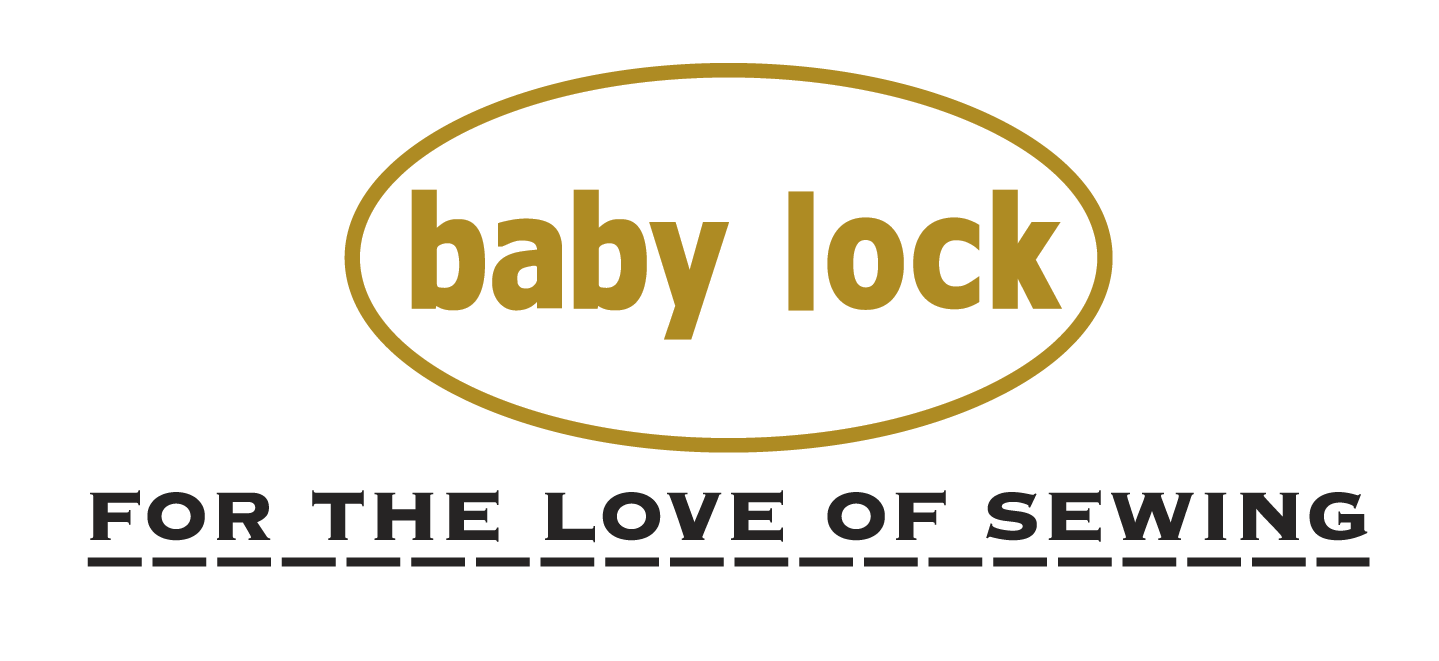
We have created a podcast survey to help guide our content. Please take a moment to answer a few questions.


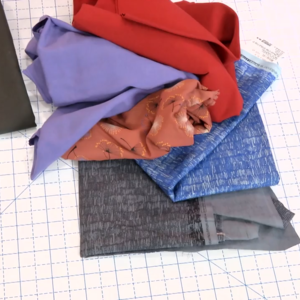

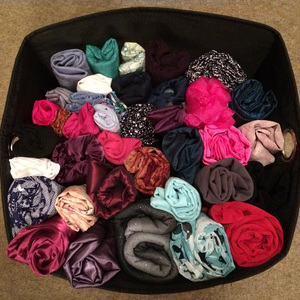








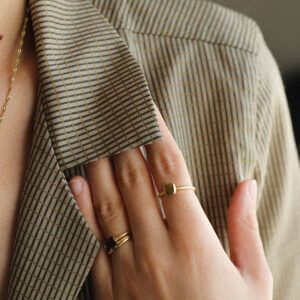
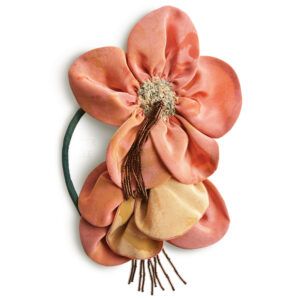
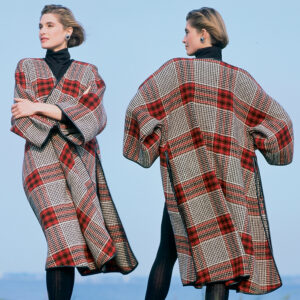
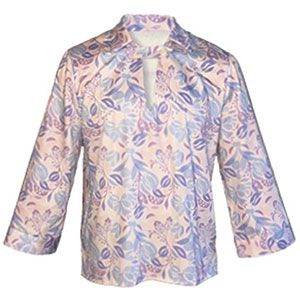
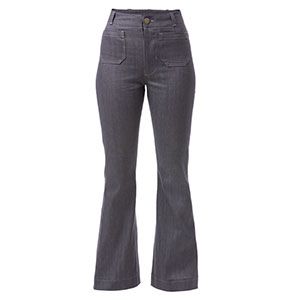
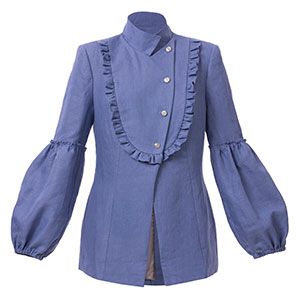
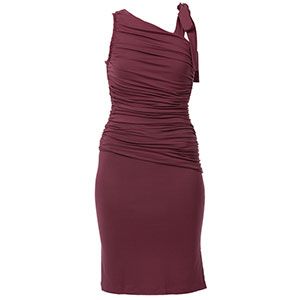
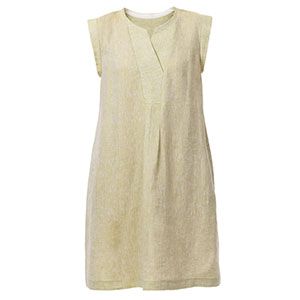
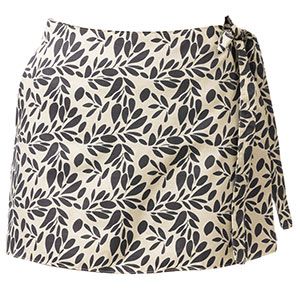
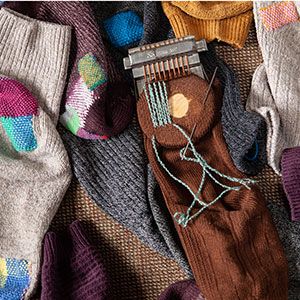
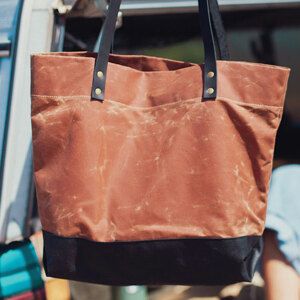
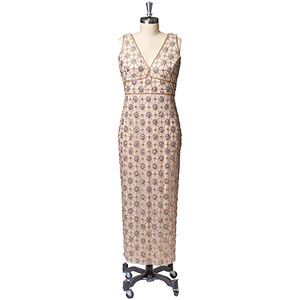
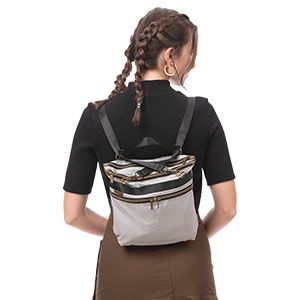
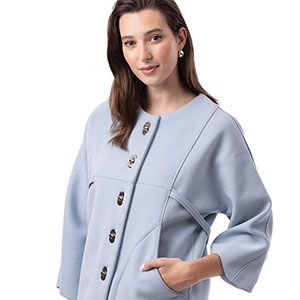
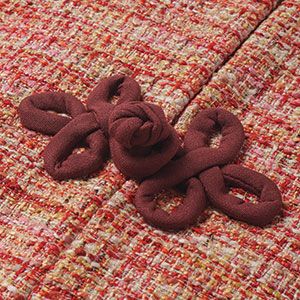








Good idea for a podcast. I am also a "small stash" person in part because I've had fabric ruined in storage (and in part out of frugality, and in part because tastes change).
Any ideas on how to deal with two stash disasters I've experienced?
* Fading along foldlines - I ruined some really gorgeous Irish linen this way
* Permanent creases in silk dupioni from long storage
More Judy Neukam!!!! She's where charm and knowledge meet.
You don't need to quilt a Chanel style jacket just because a fabric is boucle. You can make a regular tailored jacket or boxy style that doesn't require quilting. I've made two Chanel style jackets and am making one with boucle that's not quilted. Chanel is one style among many and is a huge project. Make a simple style that highlights the fabric, get some fabulous buttons and enjoy wearing your creation.